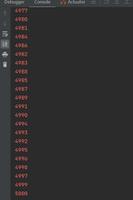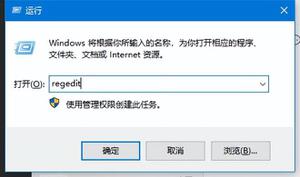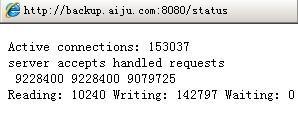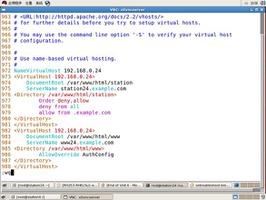HowtoInstallJavaonDebian9

There are two different Java packages, Java Runtime Environment (JRE) and Java Development Kit (JDK). If you only want to run Java programs, then you need JRE and if you are Java developer, then you will need JDK which includes JRE and development/debugging tools and libraries.
There are also two different implementations of Java, OpenJDK and Oracle Java with almost no differences between them except that Oracle Java has a few additional commercial features.
If you are not sure which Java implementation and version to use, the general recommendation is to stick to the default OpenJDK version available on Debian 9.
Prerequisites
Before continuing with this tutorial, make sure you are logged in as a user with sudo privileges.
Install OpenJDK 8
OpenJDK 8, the open-source implementation of the Java Platform is the default Java development and runtime in Debian 9. The installation is simple and straightforward.
Use the following command to install OpenJDK 8 JDK from the standard Debian repositories:
sudo apt updatesudo apt search jdk #search all of jdk in repository
sudo apt install default-jdk
Once the installation is complete, you can verify it by checking the Java version:
java -versionThe output should look something like this:
openjdk version "1.8.0_212"OpenJDK Runtime Environment (build 1.8.0_212-8u212-b01-1~deb9u1-b01)
OpenJDK 64-Bit Server VM (build 25.212-b01, mixed mode)
That"s it! At this point, you should have successfully installed Java on your Debian system.
JRE is included in the JDK package. If you need only JRE, install the
default-jre package:
Install OpenJDK 11
At the time of writing, the latest LTS version of Java is version 11. This version is available from the Debian Backports repository.
First add Backports to your system"s software repository list:
echo "deb http://ftp.debian.org/debian stretch-backports main" | sudo tee /etc/apt/sources.list.d/stretch-backports.listOnce the repository is enabled, update apt sources and install Java 11 using the following commands:
sudo apt updatesudo apt install openjdk-11-jdk
Installing Oracle Java
Before installing Oracle Java make sure you read the Oracle JDK License. The license permits only non-commercial use of the software, such as personal use and development use.
Oracle Java 11 can be installed from the Linux Uprising PPA.
The following steps describe how to install Oracle Java 11 on Debian 9:
Start by installing the necessary packages:
sudo apt install dirmngr gnupgImport the PPA public key and enable the repository with the following command:
sudo apt-key adv --keyserver hkp://keyserver.ubuntu.com:80 --recv-keys 73C3DB2Aecho "deb http://ppa.launchpad.net/linuxuprising/java/ubuntu bionic main" | sudo tee /etc/apt/sources.list.d/linuxuprising-java.listOnce the repository is added, update the packages list and install the
oracle-java11-installerpackage by typing:sudo apt updatesudo apt install oracle-java11-installerYou will be prompted to accept the Oracle license.
Verify the installation by running the following command which will print the R version:
java -versionjava version "11.0.2" 2019-01-15 LTSJava(TM) SE Runtime Environment 18.9 (build 11.0.2+9-LTS)
Java HotSpot(TM) 64-Bit Server VM 18.9 (build 11.0.2+9-LTS, mixed mode)
Set the default version
If you have multiple Java versions installed on your Debian machine to check what version is set as the default Java version type:
java -versionThe output should look something like this:
openjdk version "11.0.3" 2019-04-16OpenJDK Runtime Environment (build 11.0.3+1-Debian-1bpo91)
OpenJDK 64-Bit Server VM (build 11.0.3+1-Debian-1bpo91, mixed mode, sharing)
To change the default version use the update-alternatives system command:
sudo update-alternatives --config javaThere are 2 choices for the alternative java (providing /usr/bin/java). Selection Path Priority Status
------------------------------------------------------------
* 0 /usr/lib/jvm/java-11-openjdk-amd64/bin/java 1111 auto mode
1 /usr/lib/jvm/java-11-openjdk-amd64/bin/java 1111 manual mode
2 /usr/lib/jvm/java-8-openjdk-amd64/jre/bin/java 1081 manual mode
Press <enter> to keep the current choice[*], or type selection number:
You will be presented with a list of all installed Java versions on your Debian system. Enter the number of the version you want to be used as a default and press Enter.
Uninstall Java
If for any reason you want to uninstall the Java package, you can uninstall it like any other package installed with apt.
For example, if you want to uninstall the default-jdk package simply run:
sudo apt remove default-jdk以上是 HowtoInstallJavaonDebian9 的全部内容, 来源链接: utcz.com/z/512866.html









